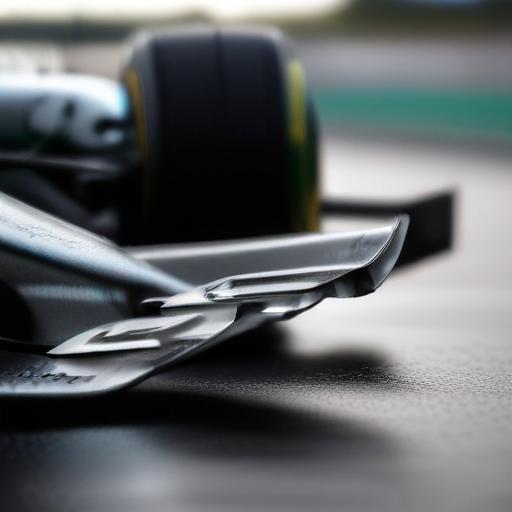Max Verstappen’s future with Red Bull is currently under significant examination, with growing speculation regarding a potential move to Mercedes ahead of this weekend’s British Grand Prix. This conversation gained momentum during the Austrian Grand Prix, where Mercedes team principal Toto Wolff disclosed that he is open to discussions aimed at enticing the reigning four-time champion to join their squad.
Reports suggest that it was Verstappen’s camp reaching out to Mercedes, prompting a dialogue about the Dutch driver’s future. According to Sky Italy, these discussions have now escalated, with indications that a deal might be “close,” although it remains unverified, as both Mercedes and Red Bull have yet to provide comments, and Verstappen himself has not indicated any desire to leave Red Bull.
Last year, Wolff expressed a strong interest in Verstappen but respected the driver’s commitment to Red Bull at that time. As a result, Mercedes moved ahead to secure Kimi Antonelli alongside George Russell for the 2025 season. However, with both drivers yet to confirm contracts for the upcoming season and Wolff acknowledging interest in Verstappen, the possibility of negotiations continues.
Verstappen’s contract with Red Bull extends until 2028, and team principal Christian Horner has described the ongoing chatter as “a lot of noise.” However, it’s known that there are exit clauses within Verstappen’s contract, granting him the option to leave if he fails to achieve a certain performance level, likely below the podium places, before the summer break.
Red Bull motorsport adviser Helmut Marko noted that Verstappen is performing adequately within the contract parameters, assuring fans that there are no immediate reasons to expect a transfer. Currently, Verstappen sits third in the standings following his first-lap crash at the Austrian GP, holding merely a nine-point lead over Russell, who is expected to make way if a transfer were to take place.
The looming regulation changes for the upcoming season, particularly the introduction of new power units, play a critical role in Verstappen’s decision-making process. Mercedes is positioned as a frontrunner in this area, while Red Bull is set to manufacture its own power units for the first time. The uncertainty of transition without adequate testing time amplifies the risks involved in moving teams.
In historical context, Mercedes previously attracted Lewis Hamilton from McLaren in 2012, with the anticipated rule changes for the 2014 engine regulations being pivotal in that decision and ultimately leading Hamilton to six world titles with the team.
This situation surrounding Verstappen is reminiscent of those pivotal moments in motorsport history where drivers faced significant industry shifts, making it a compelling topic as racers and teams alike prepare for the evolving landscape in Formula 1.
